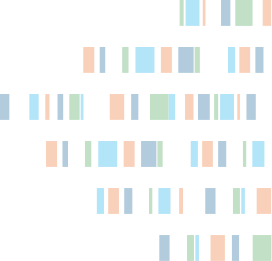Feedback mechanisms play a critical role in the maintenance of cell homeostasis in the presence of disturbances and uncertainties. Motivated by the need to tune the dynamics and improve the robustness of synthetic gene circuits, biological engineers have proposed various designs that mimic natural molecular feedback control mechanisms. However, practical and predictable implementations have proved challenging because of the complexity of synthesis and analysis of complex biomolecular networks. Here, we analyze and experimentally validate a first synthetic biomolecular controller executed in vitro. The controller is based on the interaction between a sigma and an anti-sigma factor, which ensures that gene expression tracks an externally imposed reference level, and achieves this goal even in the presence of disturbances. Our design relies upon an analog of the well-known principle of integral feedback in control theory. We implement the controller in an Escherichia coli cell-free transcription-translation (TXTL) system, a platform that allows rapid prototyping and implementation. Modeling and theory guide experimental implementation of the controller with well-defined operational predictability.

Home » In vitro implementation of robust gene regulation in a synthetic biomolecular integral controller
Publications
In vitro implementation of robust gene regulation in a synthetic biomolecular integral controller
myTXTL
Daicel Arbor Biosciences
5840 Interface Dr. Suite 101,
Ann Arbor, MI 48103
1.734.998.0751Ann Arbor, MI 48103
©2025 Biodiscovery LLC
(d/b/a Daicel Arbor Biosciences)
All Rights Reserved.
(d/b/a Daicel Arbor Biosciences)
All Rights Reserved.

 Bluesky
Bluesky